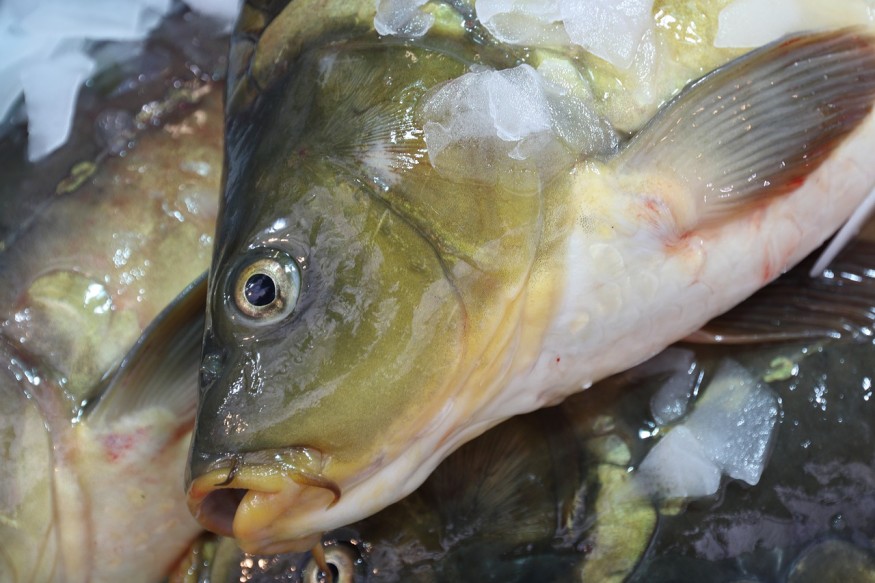A high number of fish deaths occurred in Israel that scientists think may be caused by a combination of bacterial infection and stress from a rapid temperature rise in marine waters.
Rising Temperatures as Cause
Marine ecosystems have been profoundly affected by the continuously increasing temperatures of the oceans. A new study published in the journal PNAS has found evidence that the rate of warming onset instead of peak warming may be a more profound cause of death.
In July of 2017, researchers studied fish kills in Eilat, Israel, after a rare event of mass fish deaths occurred in the coral reefs of the region.
According to lead study author and Interuniversity Institute of Marine Sciences scientist Amatzia Genin, the fishes were still fresh, as they always had red gills.

READ: New Satellite Can Monitor Emissions of Greenhouse Gas Methane Which Causes Climate Change
Fish Examination
The collection started in September, with 427 fish bodies from 42 or more species being represented. The researchers performed a necropsy on 14 recently dead and sick fishes of eight species.
They found severe infection in 13 cases, which were caused directly by the Streptococcus iniae bacteria. This bacterium may be highly pathogenic but is also ubiquitous in fishes where waters are warm. If a fish has healthy immunity, it does not usually succumb to the debilitating infection.
The mass casualties, therefore, remained a mystery.
The Highest Rate of Warming in Three Decades
Usually, mass mortalities of fishes occur as an aftermath of heatwaves in the marine environment. These deaths are typically attributed to factors like toxic algal blooms or hypoxia.
Genin says that marine heatwaves could not have been the cause because the temperature of the water was not particularly high.
However, further investigation showed that the warming rate has been at its highest for the past 32 years, at a 4.2º C increase in more than two and a half days last July. Last August, the measurement was 3.4 º C in the same duration.
This same pattern occurred in two other reef fish kills: in 2001 in Kuwait Bay as well as in 2011 in western Australia. In both cases, a spike of rapid warming occurred before deaths, which suggest that a rapid warming onset caused temperature shock, regardless of final temperature levels. The rapid onset caused the mortalities, according to the research team.
READ ALSO: Ocean Warming, Currents, Wind Patterns Threaten Survival of Shellfish and Other Invertebrate
The Effect of Rapid Events
According to Memorial University of Newfoundland's Dr. Brad de Young, this signals the change and degradation of marine ecosystems both in terms of robustness as well as the capability of species to survive. He was not a part of the study.
De Young says that marine systems are already stressed by several factors. When sudden events like rapid warming are added to the already existing stressors such as pollutants, overfishing, higher water acidity, and lower levels of oxygen, the event's abruptness could have a drastic impact because the fishes have already previously been physiologically and metabolically compromised.
Coral reef fishes are not likely to escape to cooler waters, because they are only adapted to shallow habitats where their food and shelter are.
The cause of deaths may be a combination of the bacterial infection's weakening of the fishes' immunity as well as the stress of the high temperature, said Memorial University of Newfoundland's Dr. Kurt Gamperl. He was not part of the study.
The study authors say, however, that the connection between fish deaths in Israel and rapid temperature rise is circumstantial, while also considering the bacterial infection as a cause.
READ NEXT: Sea Level Rise Rapidly Occurring as Global Warming Melts Greenland Ice Sheets at Record Level
Check out more news and information on Sea Level Rise on Nature World News.
© 2025 NatureWorldNews.com All rights reserved. Do not reproduce without permission.





